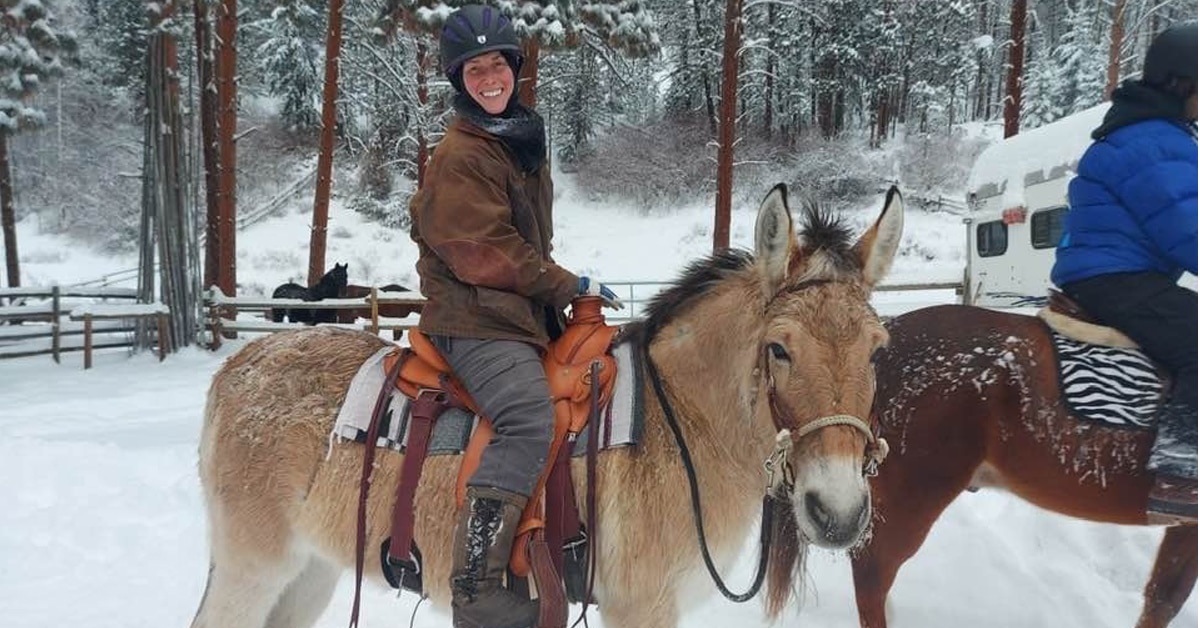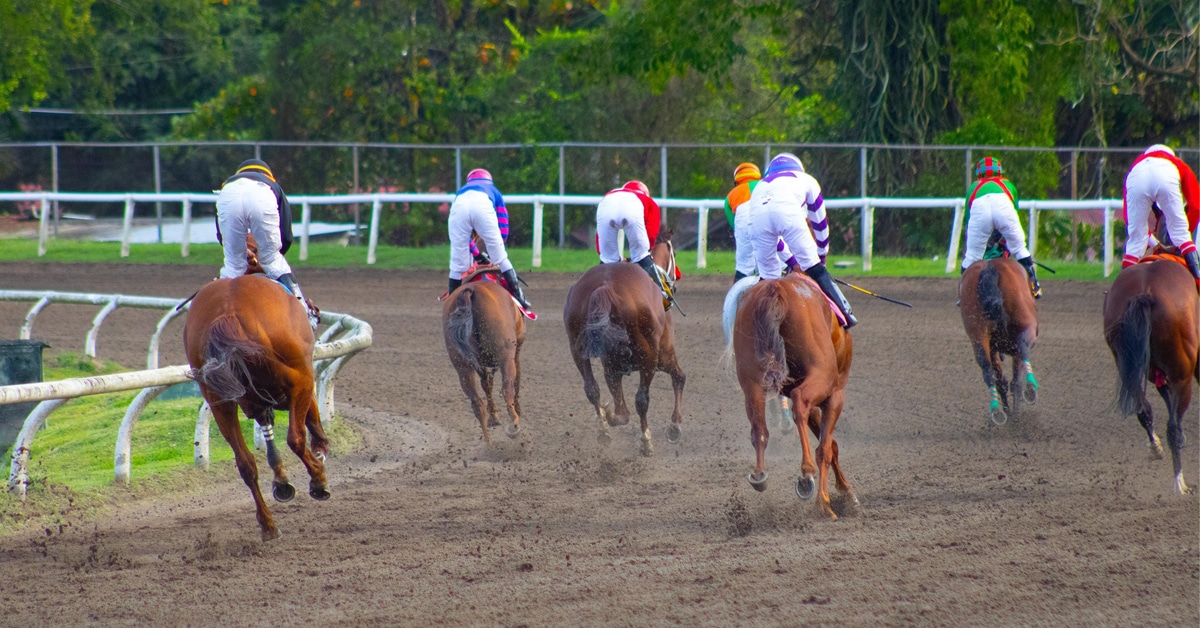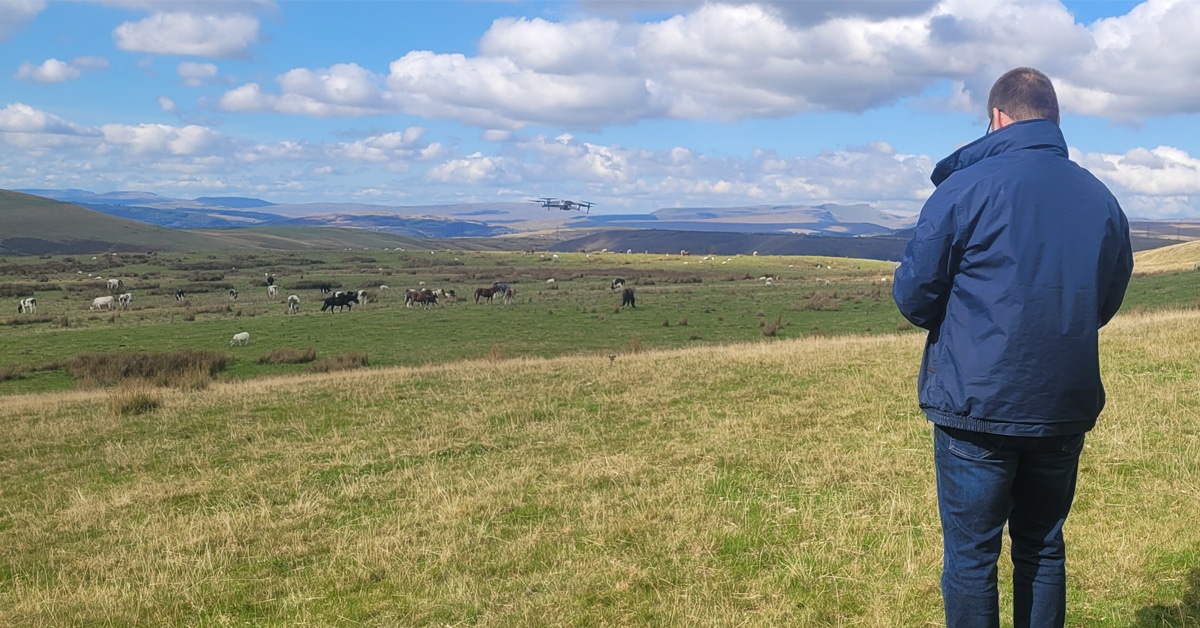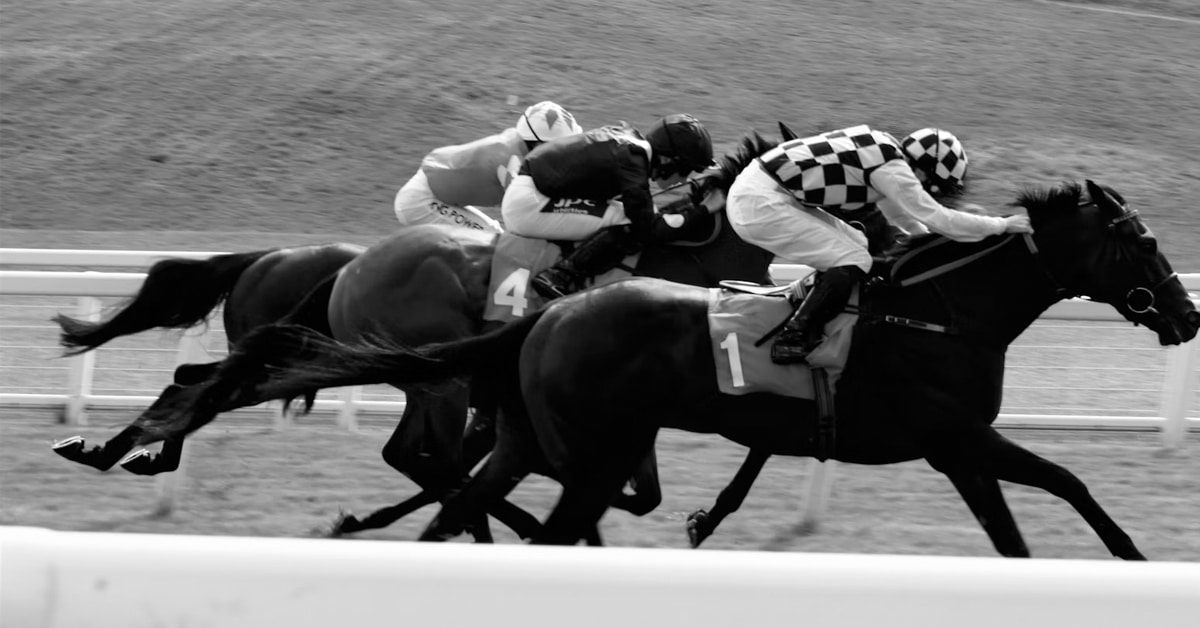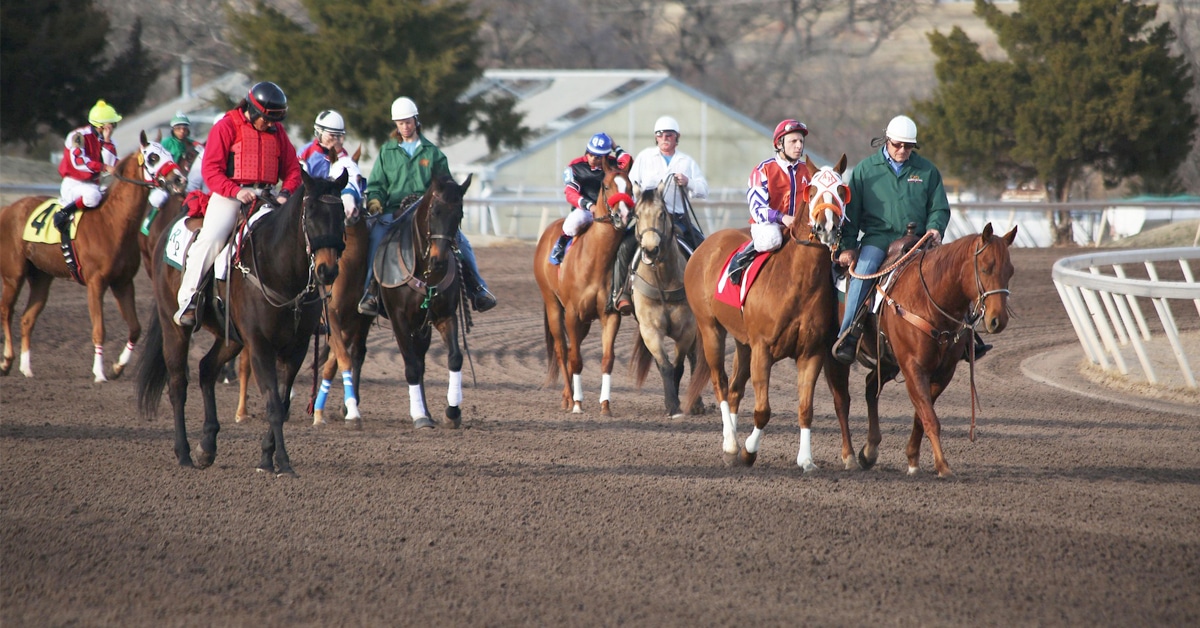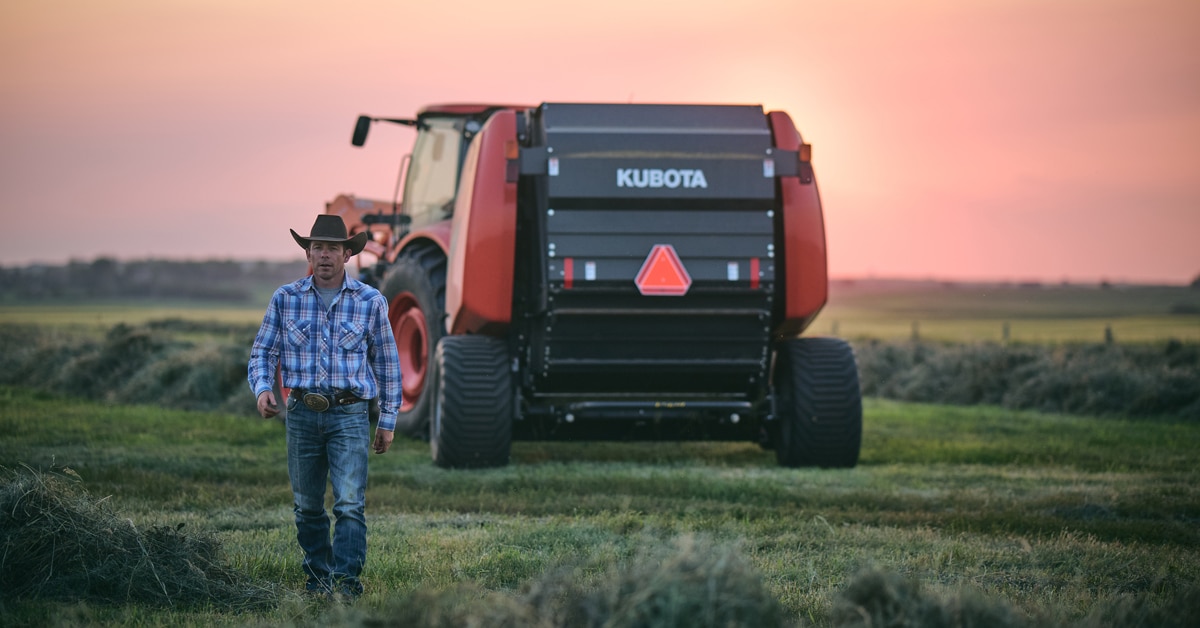Change is hard. As riders, and as humans, we find it emotionally challenging to let go of our dreams and make adjustments to our plans. Many of us will have to make the decision to retire, re-home or re-purpose (find a
new job for) our horses at some point. This is an emotionally painful situation to be in. However,
we tend to make it harder on ourselves by trying to control outcomes or resist changes that are occurring.
Nothing in life ever stays the same; everything changes and eventually ends. Yet, we spend a lot of our life resisting this and trying to direct it to go our way. No amount of worrying will change this fact of life; it will only make you miserable along the way.
When your horse can no longer do the job you want him to do, you need to accept that life is changing and allow yourself to grieve. Grief is an emotion and process humans are hardwired for, and it helps us move through pain and come out the other side. It’s an adaptive function of the brain. If you don’t allow yourself to grieve the loss of your partnership with your horse, you will remain stuck trying to control things – your emotions, for example.
Grief is about acceptance and also about letting go of the past and opening up to the future. Allow grief for the loss of future plans you had with your horse. Allow sadness for the injured horse that can no longer compete. Allow sorrow for the old friend that is being retired. Grief takes time and there is no quick fix. You just have to experience it and tolerate the discomfort until it subsides. The good news is that your grief will also change and end, just like everything else in life. One day, you’ll realize that you have more happy memories than sad ones.
Recognizing that it’s time to allow your horse to retire or find a new job can be stressful. This is especially so if it’s not completely clear that it’s time to retire or sell him. In this situation, you may need to lean on friends and equine professionals to help you make the choice that’s best for your horse. Find someone you trust to assist you. You need a person who is only going to consider the best interests of your horse. This person can help you by allowing you to talk through your concerns and hear yourself out loud. Often, when we talk to others, we realize the situation is not as bad or unclear as we believe it to be in our head. Someone with common sense and a compassionate attitude can offer support and a new perspective. The saying ‘two heads are better than one’ is probably true for these decisions.
When you do decide it’s time to switch game plans, allow yourself to fully grieve the loss of your friend and partner as well as the loss of the future you had envisioned together. Try the following:
1. Remind yourself of the reasons your horse must retire or be sold and focus on how his life will improve. Remember: You’re doing this because it’s the best thing for your horse.
2. Do something to honour the career or life experiences your horse had with you (have a plaque made for his stall, put up photos in the tack room, hold a retirement/good-bye party).
3. Make a list of everything your horse taught you and thank him for his generosity.
4. Do something for someone else. Helping others is the best way out of our own misery. Donate or volunteer at a horse rescue or help a friend with their horse chores.
5. When you’re ready, start planning for the future. What will your next project or goal be?
When the tears come, try to remember that your horse will be much happier doing less or different work if he is injured or old or not suited for your goals. We can’t stop life from changing, but we can always try to make the best decision for our equine friends
The Latest

